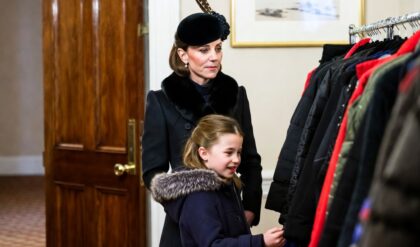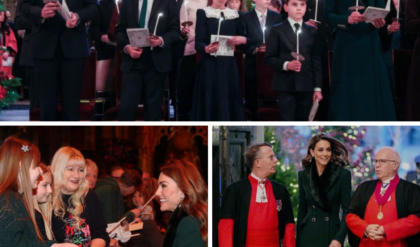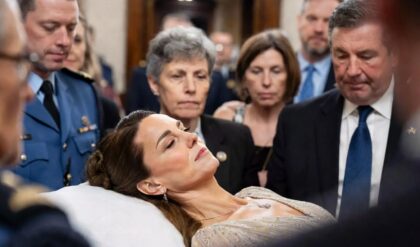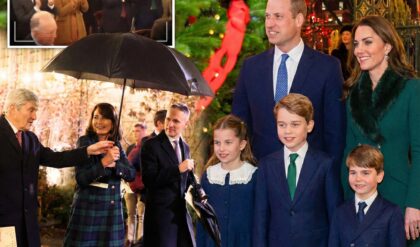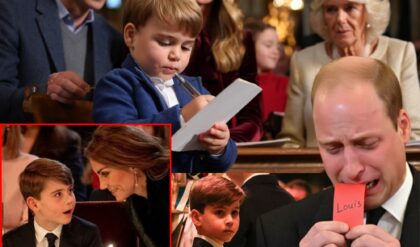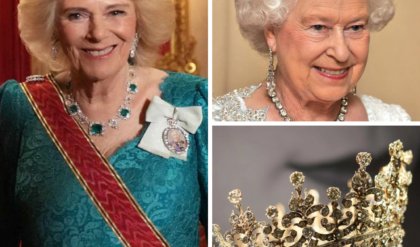Some of the changes to relationships in Bridgerton on Netflix have been hit with negative comments. Some of the negativity is understandable, but certainly not all of it.
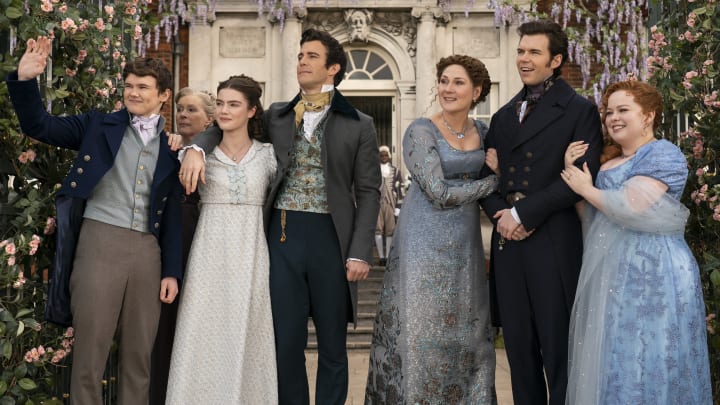
I am certainly not here to defend the homophobic remarks about changes to Bridgerton on Netflix. However, I do understand some of the negativity and the concerns around storylines.
Julia Quinn’s novels are all extremely hetero-normative. They are what you would expect of a love story set in the Regency period. After all, the idea of members of a wealthy household not marrying people of the opposite gender would cause scandal. As much as they may want to follow their hearts, the Bridgerton siblings were raised to do what was right for their family.
Homosexuality was against the law. Men would be executed for such a “crime.” Women did get away with a little more, but they were still looked down on and cast out of society. So, it’s not surprising that Quinn’s novels were all very straight (and somewhat regressive for today’s world).
Queer relationships change a lot in the world of Bridgerton
Benedict Bridgerton certainly came across as bisexual throughout the first two seasons. The reveal of things in the third season were surprising for book lovers, but they weren’t surprising for those who were paying attention.
The storyline change that was surprising to all was the introduction of Michaela Stirling instead of Michael Stirling. Francesca is set to have a queen love story in (presumably) Season 4.
Things change considerably for the characters. For one, to come out in a queer relationship would be damaging to their reputations. It’s not like Violet and their siblings will immediately accept them. We have to remember what being gay in 1800 England meant. Remember, it was a death sentence. These are Christian people, and being gay was considered a sin to God.
It’s great to be reminded that there were gay people back in the 1800s. It’s one of the reasons Lord John Grey in Outlander is so well-loved. People see that they did exist in the past, but that they weren’t accepted and had to hide away more.
I’ve already looked at how Francesca’s storyline has to change with the gender swap. With Benedict potentially falling for a man, we have a big issue here too considering the time period. Do we realistically think that society is just going to be all “yeah, we’ll accept him and we’ll ignore the law?” Bridgerton has brought a few things into the story that didn’t happen in the past, such as Queen Charlotte and Lady Danbury working together to change society views and some stigmas. However, it doesn’t mean we can throw the baby out with the bathwater when it comes to queer relationships.
So I get the negativity. Some of it is simply concern of how much this changes things moving forward, because it’s not like they get to be out and proud in this time period. That doesn’t mean I support the homophobic comments, but I do understand some of the concerns.
